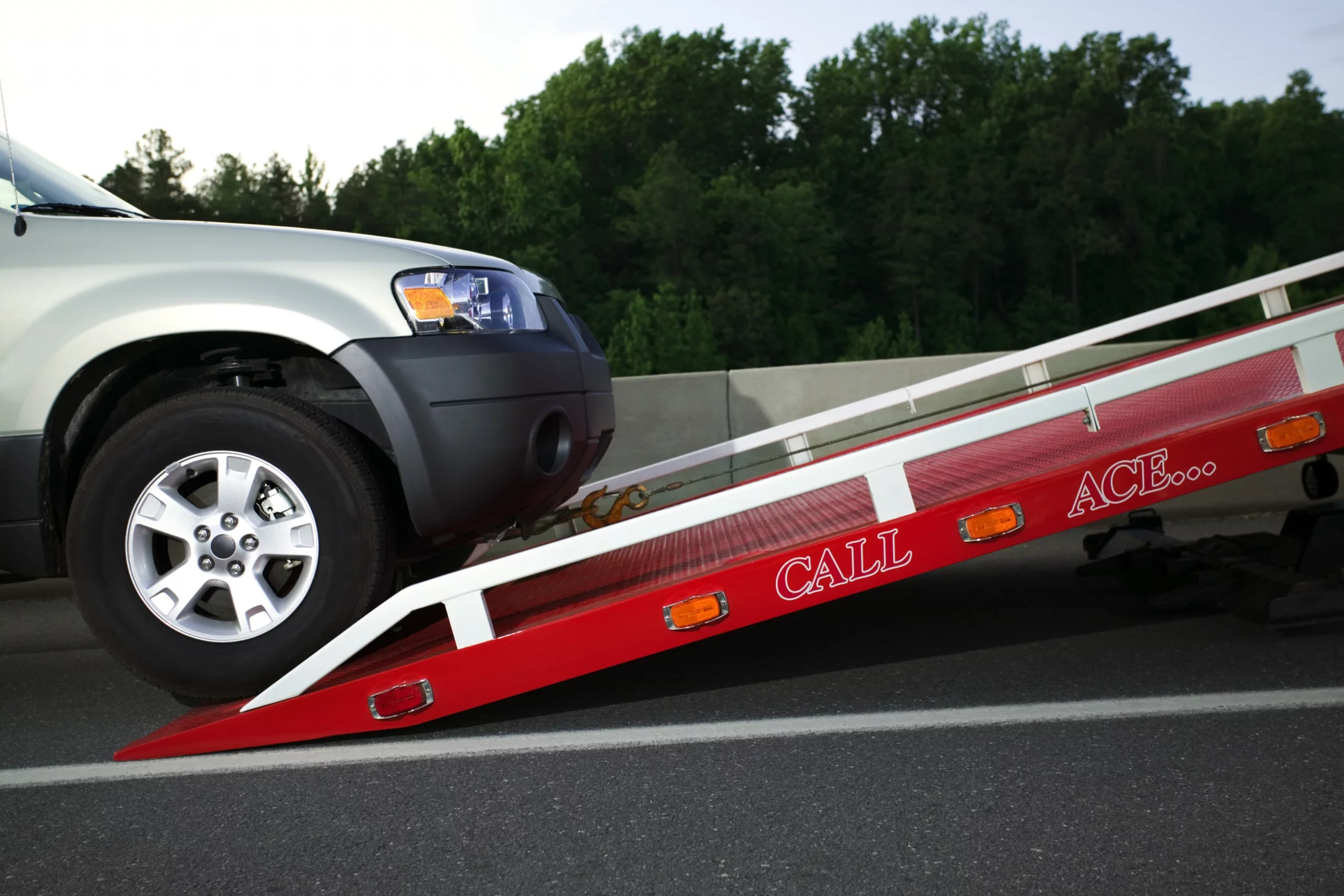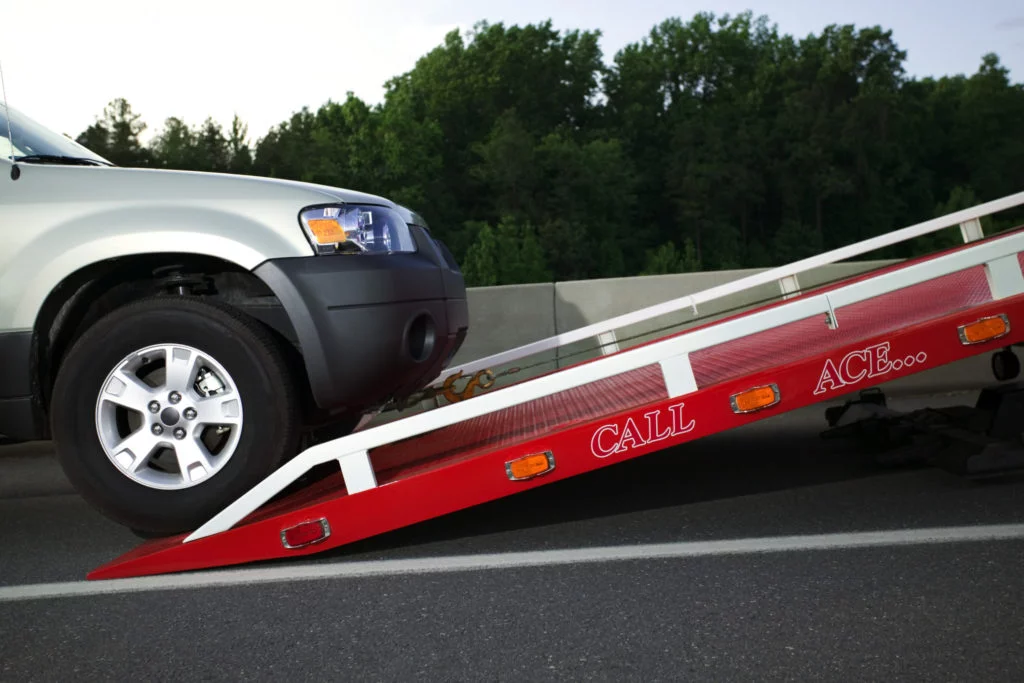When Can a Bank Repossess Someone’s Car?
Debtors who have fallen behind on their car payments are at risk for vehicle repossession. Unfortunately, in their attempts to find out how they can save their car from repossession, they are the victims of misinformation and outright scams.
Common Myths About Car Repossession
Below are few myths about car repossession that every debtor needs to know:
Myth #1 – Car finance companies have to wait until you are at least 3 months behind on your payments before they can repossess your car.
Truth – Car finance companies have the legal right to repossess your vehicle even if you are just one day late paying your bill. While it is unlikely that a lender will send out the repo man just because you are a few days late, the important thing is that they are not obligated legally to give you time.
Myth #2 – If I make a partial payment to the car finance company they do not have a right to repossess my vehicle.
Truth – Partial payment on your car note is not full payment. Therefore the unpaid portion is considered late. The lender still has a right to repossess the vehicle for non-payment.
Myth #3 – The lender will be less likely to repossess my vehicle if I explain what a tough time I’m having financially.
Truth – While it is important to communicate with your lender when you are facing financial challenges, doing so does not guarantee that you will avoid vehicle repossession. Debtors who want to work out some type of solution with their lender must explain their situation, offer a solution and have any agreements put in writing if they want to avoid car repossession.
Tips for Dealing With the Threat of Repossession
If you have fallen behind on your car payments, there are steps that you can take to avoid the inevitability of repossession. One option is bankruptcy. We’ll get to that later. First, you’re going to want to crunch some numbers.
Your situation is this: You have a car that you may no longer be able to afford and are struggling to make payments on. You’re going to want to make a spreadsheet with your earned income over the course of the month minus your necessary expenditures. These can include elements like bills, rent, car payments, etc. If you’re in the red at this point, you have a problem. If your expenses leave you with barely enough to survive on, you also have a problem. Something is going to have to be cut out.
If you’ve missed one payment and think you’re financial situation will be better in months ahead, then you might have the option of a deferment. Essentially, this will push the missed payment to the end of the loan term and extend it for another month.
If you think this is going to be a problem for month’s to come, your first order of business is still to seek a deferment. This will prevent a drop in your credit score and forestall a repossession. If you simply can’t afford the car, then you may be able to trade it in for a cheaper option. In addition, you may be able to refinance the loan over a longer term. You’ll end up paying more for it, but you live in the payments, not the overall cost.
How can you do that?
Talk to Your Lender and Explain Your Situation
At this point, you should have a rough idea in mind as to how much you can pay and what your shortfall looks like. You will want to present this information to your lender and ask for potential solutions. Typically, lenders aren’t necessarily happy about changing the terms of a loan, but repossessing vehicles is even more unpalatable. Repossessing a car is an expenditure. It costs money. The moment the situation has gotten that bad, your lender is now losing money
Explain your situation, but do so politely. You don’t want to be putting anyone on the defensive. You’re asking for help and the lender has no legal obligation to give it to you.
The best stories go something like this:
- I was laid off from work
- My unemployment isn’t enough to cover all my expenses
- I should be able to find new work soon
In cases where your new job doesn’t pay as much as your old one, you may be able to trade the car in for a less expensive one. The key here is approaching the lender before the situation has spiraled out of control. The lender will be more willing to help those who they have confidence will be able to make payments in the future but are in a sticky situation for the moment.
Considering Bankruptcy to Stop a Repossession
If your expenditures are such that you can no longer afford to make payments on your car, you can file for bankruptcy, but there is, of course, a consequence to that. If you do, your credit will be tarnished. You can rebuild your credit over time, but it will take time.
Filing for bankruptcy automatically stops any creditor actions against you until the bankruptcy is sorted out. If you want to save your car, however, you will have to continue to make payments on it. Filing for Chapter 7, which discharges unsecured debt, may be a good option to free up your finances to pay off your car. Chapter 13, which works on a repayment plan, may allow you to repay less of the loan than you owe according to the contract.
If the lender has already repossessed your car and your relationship to the lender is permanently tarnished, filing for Chapter 7 will allow you to discharge the outstanding balance on the loan and any late fees or other fees associated with your default. But you will definitely lose the car. Even if the lender has yet to repossess the car, you cannot discharge the loan and still keep the car. It’s simply a way to free up your finances to purge your unsecured debt.
Bankruptcy Can Legally Stop a Car Repossession
Remember, only bankruptcy can legally put a stop to a vehicle repossession. If you find that you are unable to pay your car note because of other debts such as credit card and medical bills, you may want to consider a bankruptcy filing.
Avoid Repossession Today and Contact Us
If you would like to set up a free consultation with one of our bankruptcy attorneys feel free to give us a call or fill out our contact form today.

